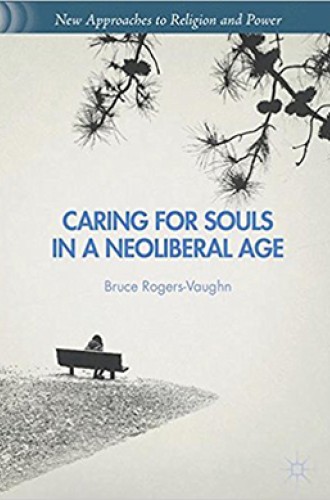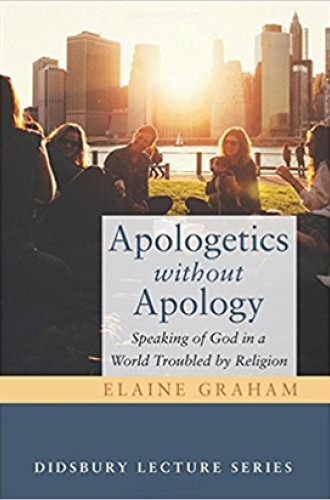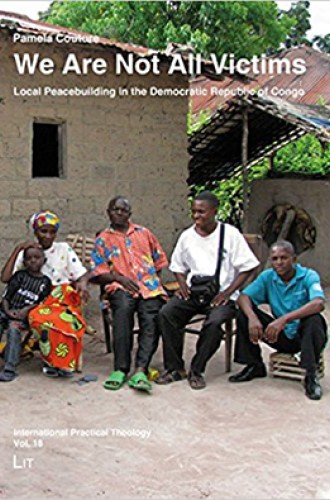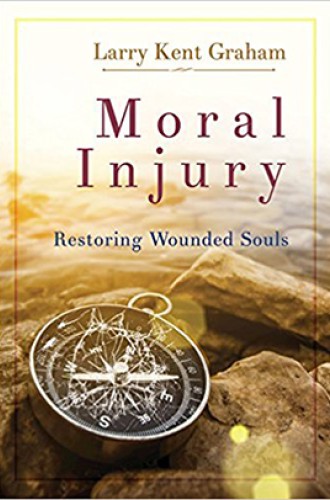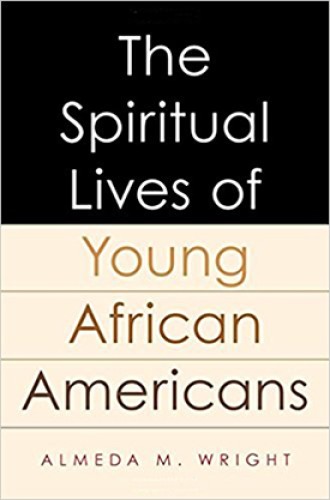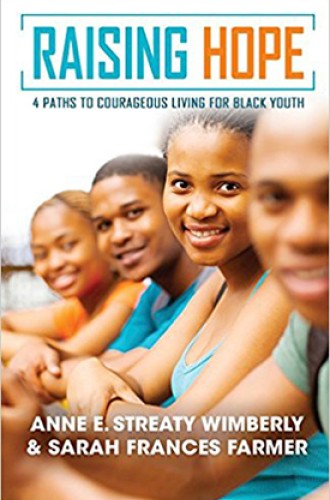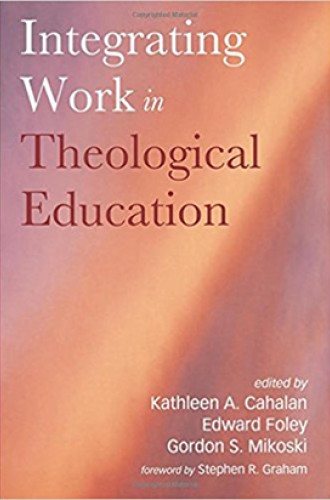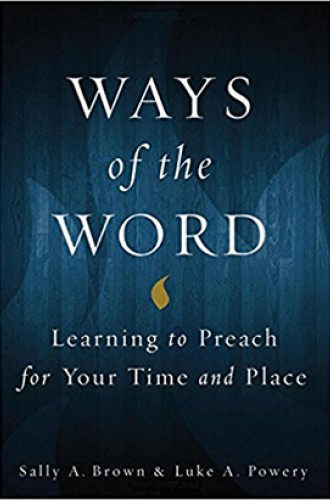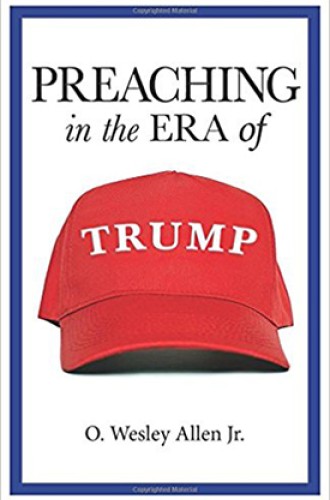Take & Read: Practical theology
Caring for Souls in a Neoliberal Age, by Bruce Rogers-Vaughn. Is there such thing as a postcapitalist pastoral theology? Bruce Rogers-Vaughn, a pastoral psychotherapist who teaches at Vanderbilt, claims that this is precisely what is needed to address the “third-order suffering” that neoliberalism has wrought. In a well-researched and cogently argued analysis of neoliberalism—the free market ideology currently governing politics, economics, and culture—the author reflects on what constitutes care in this context. In our age of increasing fragmentation and dislocation, Rogers-Vaughn argues that pastoral theology must cultivate and strengthen religious collectives that can “replace the cravings of the market with the desires of soul.”
Apologetics without Apology: Speaking of God in a World Troubled by Religion, by Elaine Graham. British practical theologian Elaine Graham lucidly argues against Tertullian that Jerusalem does “have to do with Athens.” Christians need to dialogue with wider publics and offer coherent accounts of their convictions. Her new apologetics is not based solely on propositions and doctrines, nor is it defensive, antagonistic, or argued from a position of victimhood. It involves listening and speaking, as well as active collaboration with those of diverse faiths and those of none, for the sake of the common good. It entails participating in the mission of God’s love in and for the world. In Graham’s words, “this is a model of apologetics not as a weapon of conversion, but a gesture of solidarity.”
We Are Not All Victims: Local Peacebuilding in the Democratic Republic of Congo, by Pamela Couture. Based on a decade of ethnographic research in Kamina, DRC, Pamela Couture tells the story of the peacemaking activities of the Luba people and their religious leaders. Her account is based on the recorded (and in some cases, translated) testimonies of 78 people who publicly bore witness to the struggle, along with numerous interviews and prolonged periods of participant observation. Noting the tendency of Western authors to interpret Congolese life only in terms of violence, intrigue, victims, and perpetrators, Couture presents the Luba as agents, people who “live ordinary lives and rise to extraordinary courage when the times call for it.” Couture’s use of the genre of creative nonfiction makes the book accessible and compelling.


